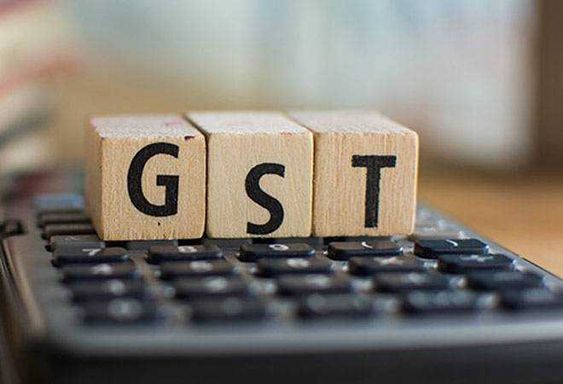
After the implementation of GST i.e. Goods and Services Tax, there has been a discussion about its advantages and disadvantages. Earlier there were many taxes like service tax, VAT, etc. Every level was taxed, whereas now a tax has been fixed according to the category. Know here what the benefits of GST in India are. However, before knowing the benefits of GST in India one should know what GST is.

What Is GST in India?
Table of Contents
The Goods & Services Tax i.e. GST is an innovatory tax reform that was introduced on July 1, 2017, has effectively replaced many taxes such as Service Tax, VAT, Commercial Tax, Central Excise, Octroi, etc. Made India a ‘tax-neutral’ nation and when it developed a reaction from the real estate Purchasers described as ‘mixed’, most of them are in favor of it.
This is natural, as the Unitary Tax Compliance System has simplified the domestic procurement process. The path to an input tax credit (ITC) may not be a significant additional burden for purchasing a home. Homebuyers in the affordable housing segment, in particular, 60 square meter carpet area homes in size, have benefited significantly from the reduction in GST by four percent (12 percent to 8 percent).
However, almost 1 year after the implementation of GST, the sole real clarity, which exists for the property Purchasers is 1 GST rate over the current GST rate of 2 percent on projects under construction. Behind ITC’s pass-over, there is still misperception about a potential home buyer’s waiver entitlement. This confusion isn’t only about that percentage (%) of Input Tax Credit (ITC) but also on the mode as well as installment of the rebate.
On their part, the developers are saying that they’ve to do many calculations to reach ITC and only pass it during the last branches. With the lack of the transparency on Input Tax Credit (ITC), homebuyers will reasonably upset, because so far, their total payments have increased.
Benefits of GST in India:

All Type Of Taxes Together:
Due to GST, things are available at the same rate in the whole country, irrespective of the state. Goods used in everyday life such as mobile handsets, cars, cigarettes, liquor, etc. are included in the goods, then after the Goods and Services Tax is implemented, their prices had changed and uniform rates are applicable across the country.
Tax evasion stopped after the implementation of GST. This directly affects the country’s GDP. Previously, there were 20 types of taxes in India and after the introduction of GST, all taxes came under GST.

Pay Less Tax:
The general public who used to pay 30-35% tax on the goods while purchasing them, now does not have to pay that much. After the implementation of GST, that tax had reduced to 20-25%, and then the general public got its biggest benefit of GST in India.

Goods Expected To Be Cheaper:
On the implementation of GST, the mess and expenses of companies had reduced. Traders have no problem in moving goods from one place to another. If you do not have to pay a separate tax, then the cost of making the goods also gets reduced, it also expectedly makes the goods cheaper.
Recommended Articles :-
- Education Loan Procedure: How To Apply?
- What is Venture Capital Insurance in India?
- Is It Necessary To Buy Apple Watch Insurance?
- Why Should I Buy Wedding Insurance In India?
- What Is Trade Credit Insurance in India?
- Livestock Insurance Scheme | Rural Indian Farmers

Do Not Have To Pay Several Taxes For Same Product:
After the introduction of GST, the tax structures will exactly the same and will completely transparent, so that there will no tax disputes and there will no hassle of many tax laws and tax regulators. This will eliminate the problem of taxing the same institution, company, and person many times. Overall, the life of common man, businessmen and governments will become very easy.

Other Benefits of GST in India:
At present, the rates of goods and services tax are different in the country, such as service tax is 15 percent and for goods, i.e. goods, different rates are applicable in different states, which will be same after GST.
Exide duty, service tax received by the Center will be abolished as soon as GST is implemented. VAT, entertainment tax, luxury tax, lottery tax, entry tax, etc. all state taxes will be abolished by the state government.
After the implementation of GST, the expenses and costs of companies get reduced because there is now no problem in moving goods from one place to another. Due to companies not paying different taxes, their cost will reduce, so the goods will be cheap.
As per the 122nd Amendment of the Constitution passed in 2014, GST will be applicable on all types of services and goods/products. Only alcohol means alcohol will be out of this tax.